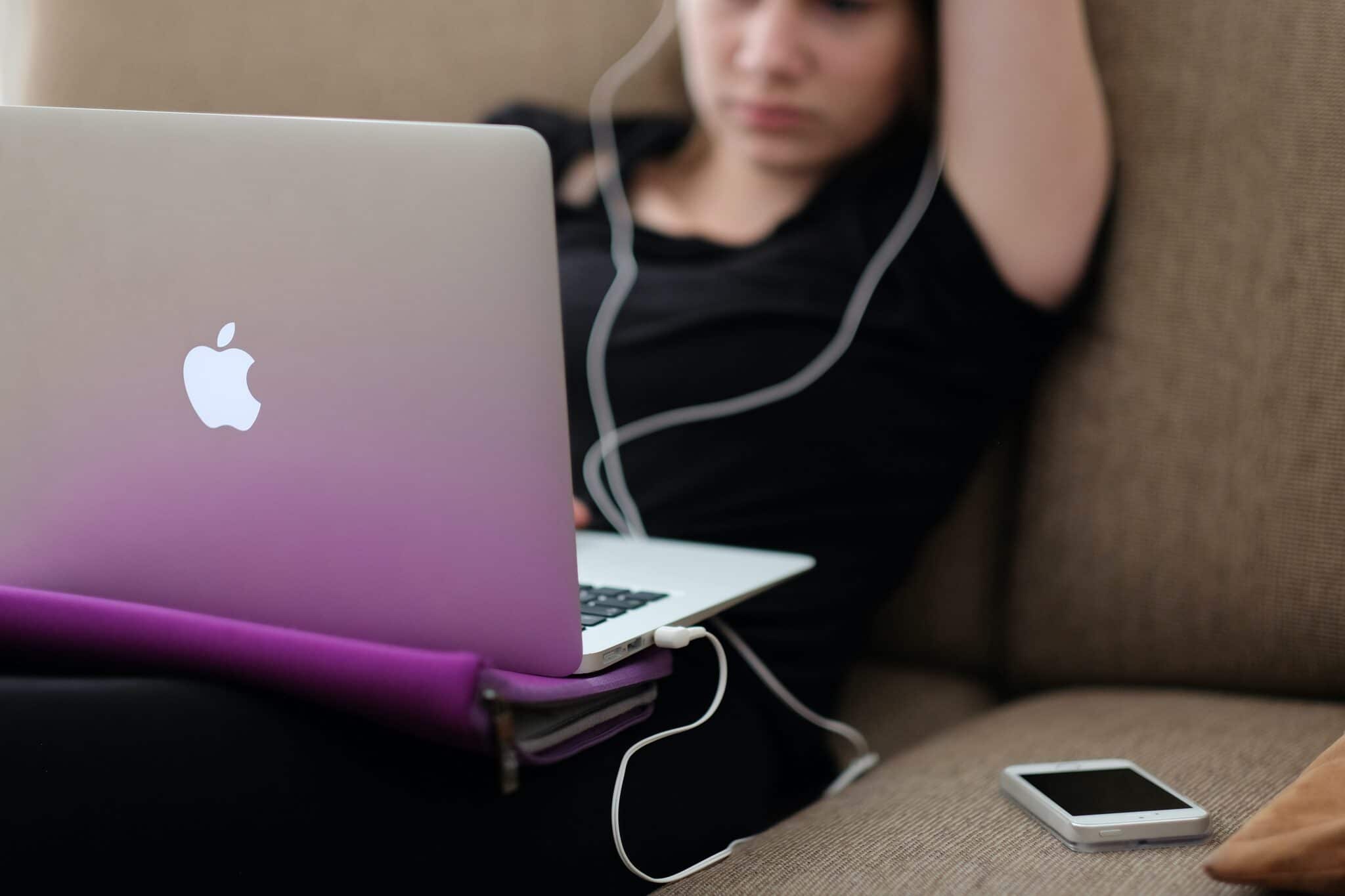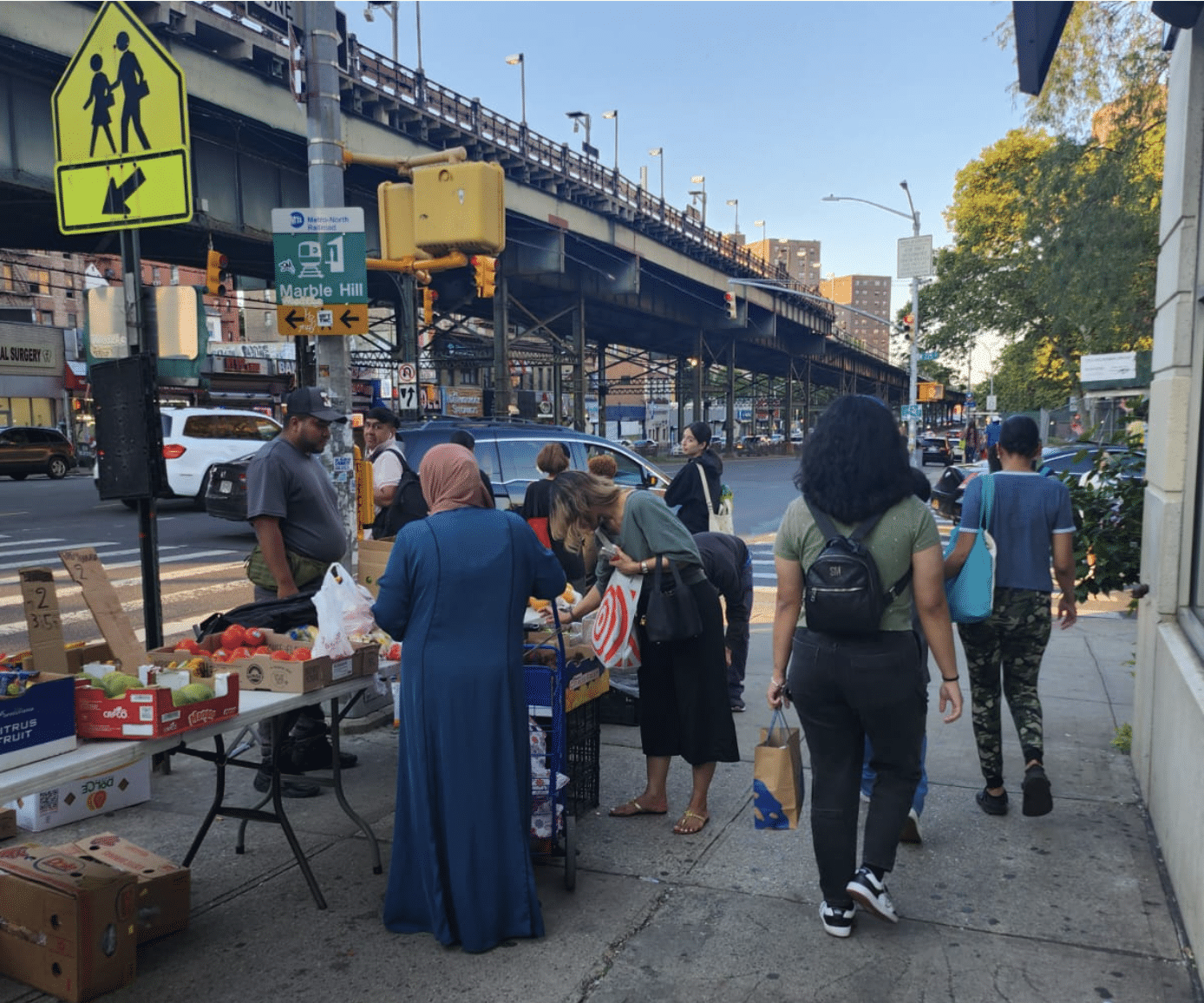Student participates in an online college class from home. (Photo by Steinar Engeland on Unsplash)
“My whole paycheck just went towards food and the bus fare,” Nathalie Karam said. That was before the COVID-19 pandemic, which dramatically altered college life and sent CUNY students home to study online. The Brooklyn College sophomore found a huge benefit to remote schooling. “In these past few months, I’ve been able to save all that money,” she explained happily.
Many students like Karam see a brighter side to online learning. While she and others do miss in-person classes, Karam discovered that attending class online offers significant benefits. “I’ve been getting up for classes just ten minutes before they start, instead of a whole three hours” she said laughing. “You know, some extra hours of sleep really do make a huge difference.” The biology major can make more productive use of her time. While she still has to commute to her job at the Brooklyn Public Library, she saves four hours daily without her school commute. She now spends her evenings studying instead of coming home exhausted at night and going straight to sleep.
Several months into the transition to remote learning, California graduate student Olga Melikova says that she has “never felt healthier. I actually have the time to make some thoughtful meals now. I work out daily, sleep better, and stress out less.” She is very excited about adopting a healthy lifestyle during quarantine and acknowledges that it would not have been possible for her otherwise. “I only got home around 10 at night, and by then was just too tired to do anything at all. Working out wasn’t even on my mind,” she recalled.
Melikova discovered that the benefits of remote work and learning were even more than just health-related. In a second-year course of a master’s program in Spanish at CSU Bakersfield, she experienced what it was like to adapt to remote learning in the shoes of professors. As part of the class, she created and taught a lesson virtually. Melikova explained that, “In studying to be a Spanish professor myself, I thought it was an enriching experience to try and teach virtually to my peers.”
Melikova also teaches English at a California charter school, which transitioned to online learning with quarantine. As a teacher, Melikova identified another benefit of the transition to remote learning. “I believe it allowed [students and teachers] to step out of their comfort zones and try out more creative and innovative ways of approaching education,” she said. “We are long overdue for a big technological reform in education, and this might be the start of something truly great that allows students to connect and learn on a completely different (virtual) level,” she concluded. “I really don’t want to go back.”
Tags: CCNY City College City College Journalism Coronavirus COVID-19 Healthy Rhythms Online College pandemic remote learning
Series: Coronavirus






